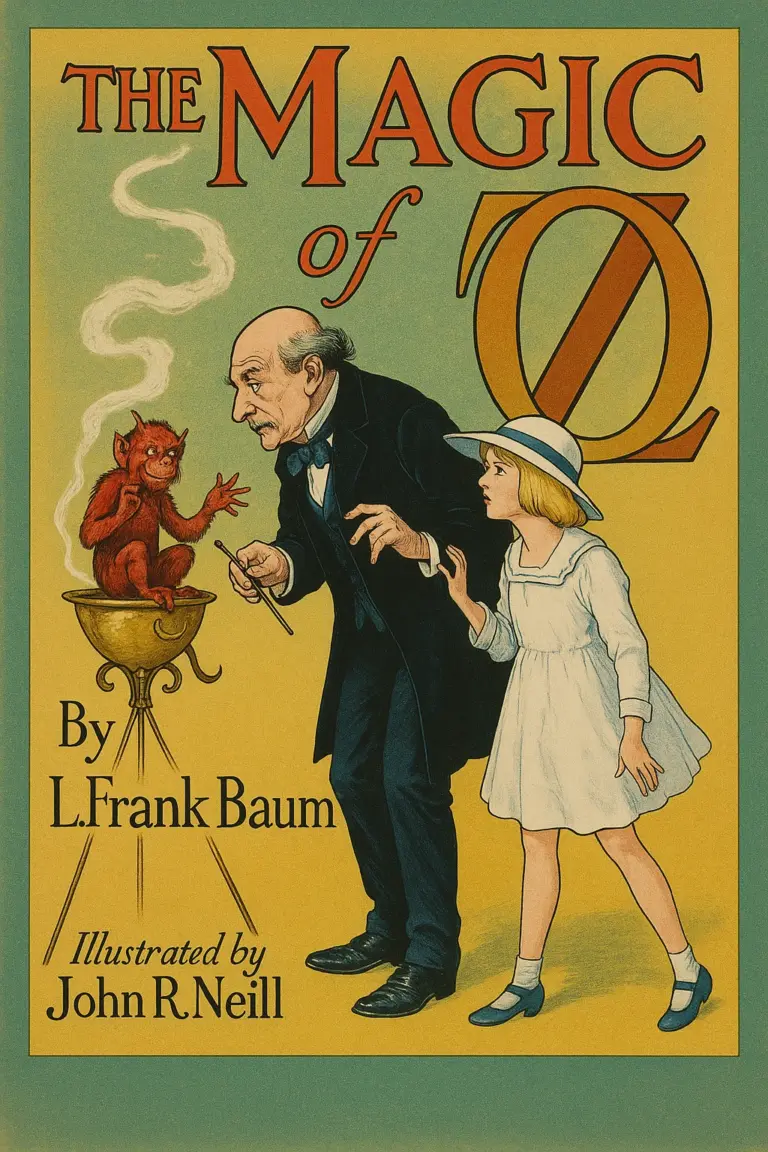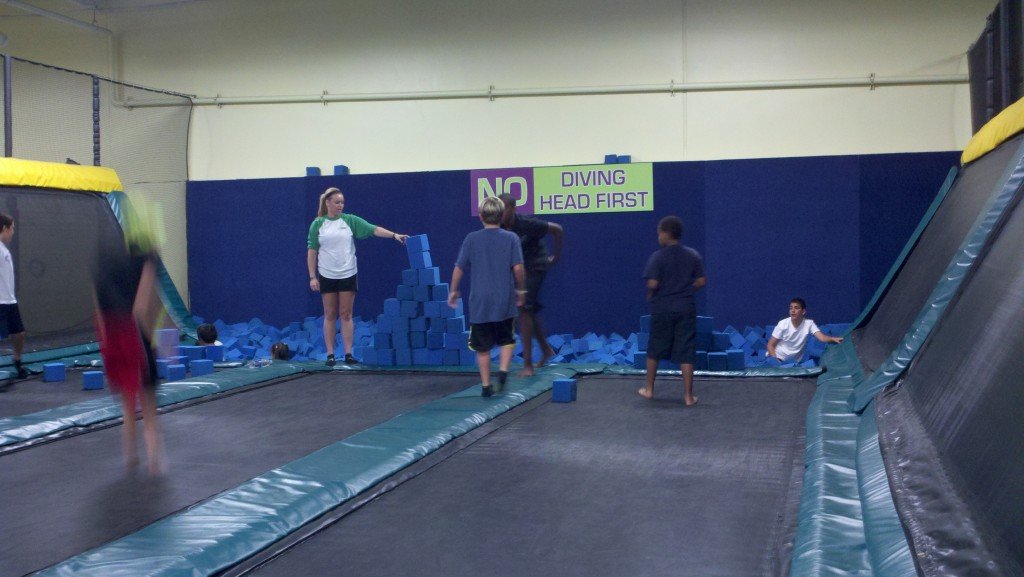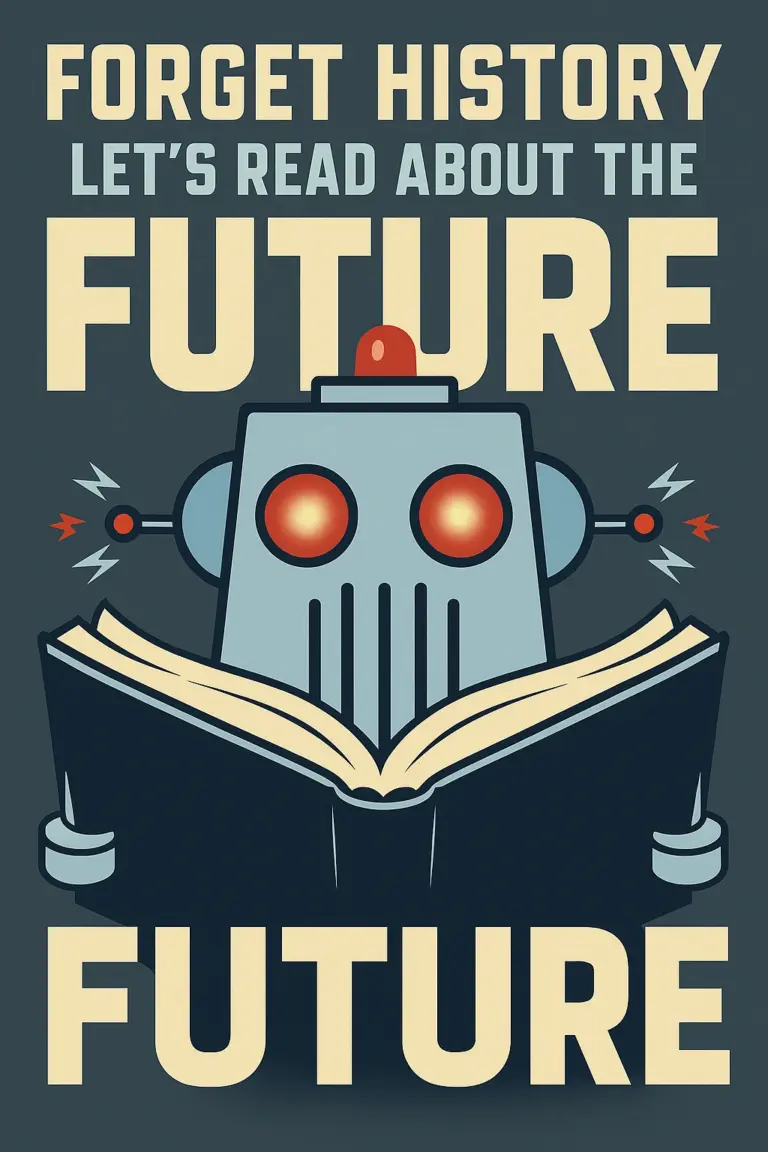How limitations can become the unexpected springboard for creativity and innovation " If you go back a few hundred years, what we take for granted today would seem like magic - being able to talk to people over long distances, to transmit images, flying, accessing vast amounts of data like an oracle. These are all things that would have been considered magic a few hundred years ago. - Elon Musk I learned an important lesson...
Category: My Blog Posts
The Psychology of Self-Imposed Challenges
Why humans intentionally create obstacles and how these "walls" drive our growth and satisfaction When given a simple foam pit to jump into, these children created their own challenge by building a wall to overcome A few months ago, I took my son to a trampoline park and witnessed something fascinating. The facility provided a simple foam pit for children to jump into—a fun activity by most standards. Yet within minutes, something remarkable happened: the...
Who Would Want to be Normal?

How rejecting conformity can transform your work from ordinary to extraordinary Mini Cooper's "Not Normal" campaign celebrates the power of breaking free from convention Last week, during a meeting about our 2013 initiatives, I found myself expressing frustration with the tendency to do things "the way they've always been done." This led me to share a Mini Cooper advertisement I'd recently discovered—a video that has since become something of an inspiration for our team. In...
My Fascination With Amazon
The Visionary Strategies of Jeff Bezos Inside Amazon's massive warehouse operations For the future of retail, I'm sure you are looking at Amazon like everyone else is. I'm convinced the Internet will continue to disrupt traditional retail. Bezos is one of the most brilliant minds of our time, some say the next Jobs. I have tremendous respect for Bezos. Just a few of the things he's done... I'm sure I missed lots of things. I...
What Working in a Seafood Department Taught Me About Life & Business
What slinging fish taught me about business and human behavior A typical seafood counter display When I was in college, I worked at the Safeway in Bowie, MD. I did lots of jobs in the store, but I think I learned the most while working seafood. I liked working in seafood most because it was like running my own business. Most days and nights, it was just me behind the counter, and I had a...
The Future of Work: Robots, Routines, and Rapid Change
How automation and globalization are transforming our working lives At one point or another, most of us have to work. Some volunteer their labor, but most of us are working for our wages. I might have blogged about this in the past, but when I was in kindergarten, I rode the school bus to and from school like most kids. I remember sitting on the bus one morning going to school thinking, “wow, this is...




